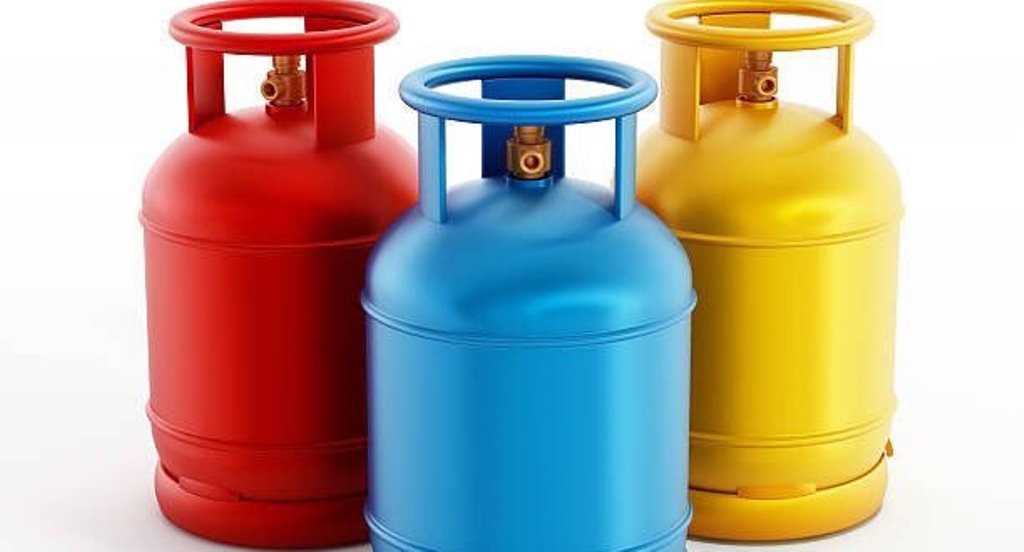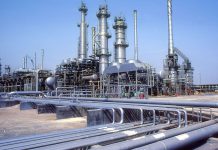AS the government strives to provide its people with affordable and alternative cheap domestic energy, 24 private companies have shown interest to speed up homes’ connections with gas supply.
That was revealed in Dar es Salaam recently during a Parliamentary Committee on Energy and Minerals tour of some households connected to the natural gas at Malalakuwa and Mikocheni in the city.
According to the residents using a natural gas for cooking is relatively cheaper by 40 per cent in comparison to other sources of energy like charcoal and Liquefied Petroleum Gas (LPG).
In the course, the government is currently working with Japan International Cooperation Agency (JICA) to look for ways, which could accelerate the implementation of the project.
However, during the tour they expressed dissatisfaction over the slow pace of the connections in the city that has about 10,000 households, but only 385 of them have been served.
Briefing the committee on their slow pace, Tanzania Petroleum Development Cooperation (TPDC) Executive Director Dr James Mataragio said this time 24 companies have shown interest to cooperate with them, and promised to quicken their pace.
He noted that currently TPDC was holding talks with the companies to address their challenges, which include relying on few staff from Tanzania Gas Company (GASCO) that also has few personnel.
He, however, said that so far TPDC has connected 125 households with the service in Mtwara, adding that in Dar es Salaam at Mlalakuwa two projects are ongoing to cover 3.4 kilometres.
In response, Oil and Natural Gas Commissioner from the Ministry of Energy Adam Zuberi said that the government was aware of the challenges and working on them.
On the Mikocheni project, Dr Mataragio said that a total of 85 households within 4.35 kilometres have been connected, whose total completion would be valued at 1.4bn/-.
Commenting, Committee Chairman Mr Danstan Kitandula urged TPDC to speed up the process, saying: “In order to address the challenge of installing gas infrastructure TPDC should collaborate with local government authorities and ensure that they set aside areas for gas infrastructures’ implementations.”







